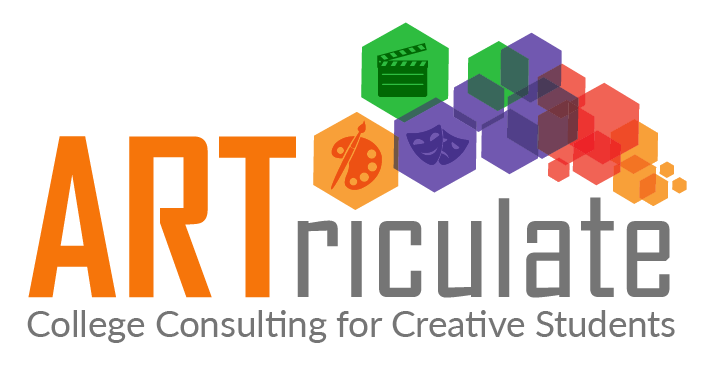Tips for writing amazing responses to supplemental prompts
Supplemental essays, required by many schools, allow you to really show a school that you understand their program and why YOU ARE THE PERFECT STUDENT FOR them. You can also learn a lot about the focus of a school by reading their supplemental questions so pay attention to them. They require as much attention as your personal statement so don't wait til the last minute to answer them.
The 250-350 word "why us?" prompt is asked by University of Michigan, Dartmouth, Tufts, Syracuse, and many others. It requires you to really study the college's website and determine what they offer that makes you the perfect applicant to take advantage of their programs. As I tell students every year, Why USC? is NOT Why Los Angeles?, i.e. it is NOT an essay about how much you love the beach and mountains, or the entertainment industry, that essay could be written about any school in LA. Instead it is an essay about the program, or curriculum, or other experience which USC offers.
NYU, Boston University, University of California and many others ask questions about how you plan to be involved outside of academics with their community and the broader community in which they are located. They point to their mission statements and ask you to tell how their educational philosophy resonates with your academic and extracurricular experiences and intentions.
Schools such as Yale, USC, Chapman, and University of Maryland also ask fast facts or short responses, usually 15 to 30 words. Just because they're short doesn't mean you shouldn't consider them important. These are a great way for you to show schools your personality so do that. Resist the urge to give a few word answer. Here are some examples:
What's your favorite snack? (USC) "Just half an avocado, maybe some salt on top. Scoop it out and eat it just like that. Trust me."
What can you give a 30-minute presentation on without any preparation? (Chapman) "Why Halloween is the best holiday, it has the best movies, and who doesn’t like all that candy?.
The best supplemental responses require you to do your research, find what makes each school special and why they would benefit from having you. Read their mission statement, research the accomplishments of recent graduates and professors, discuss why you are a match for the program or degree to which you are applying. This requires work on your part, it is not a part of the application that you should leave to the last day. The students who are most successful with their applications spend a lot of time thinking about and crafting their responses.
Often students are afraid to "reuse" essays, but DO IT!! Of course they need to be tailored, and make sure you swap out the college names, but you can often reuse the "Why this major?" or "How did you show leadership?" with just a bit of editing to match the school. Schools do not have the ability to know the other schools you applied to and the answers you gave to their essays.
My best advice, sign up for college/program emails AND READ THEM. They can be a gold mine of information for these responses, and colleges will love that you pay attention to them.
If you need personal help be in touch, schedule an appointment to talk to us today.
